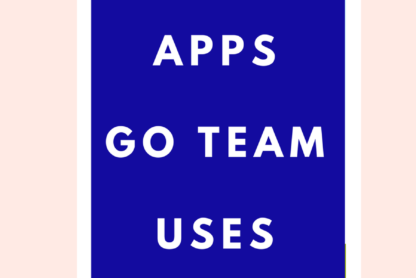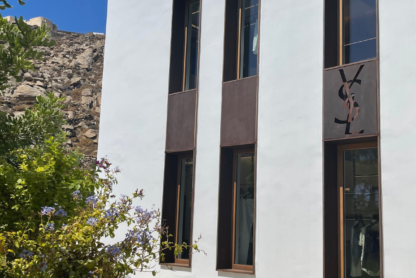Interviews are a natural part of the hiring process during which companies decide who are the best fit for them. Every question asked has one purpose: assessing your knowledge and gauging if your personality matches with the company’s values. From the most predictable question to the one you expect the least, interviews are intimidating because you want to give the best impression of yourself. You want to get the job. Hence why even the most common questions can become challenging to answer to.
An interview is to give you a chance, an opportunity so don’t ever think a hiring manager is here to trap you. They just want to know more about you. An interview will most likely start with a ‘tell us about yourself’ or ‘talk us through your CV‘. Telling about oneself isn’t as simple as it seems especially during an interview. Don’t underestimate this question though because the rest of your interview will depend on the way you will answer it. That is why you should learn how to tell your story.
An interview is punctuated by very simple questions, sometimes you might think that you got the job because you answered well to the most complex ones but in reality that is not necessarily the case. Think about it a second. The hiring process is long and tedious for both parties, so on the HR side asking these simple questions is a way to make their first selection before inviting you to the second step. So now, let’s see what are those most common question and how to deal with them.
Why did you leave your last job?
Us, millennials stay on average two to three years on the same job. It’s no surprise then that a potential employer tries to understand why you didn’t stay at your former job. No one wants to know if you didn’t get the raise you wished, what they want to know is the type of reasons that can make you leave a company. Is it that you couldn’t grow anymore? Is that the role was different from what you expected it to be? Is it that you couldn’t develop the ideas you had?
When answering this question, be careful not to complain about your former company. Instead, try to explain the reasons that led you to leave, always staying positive. The goal is to show that you are a candidate with dreams, passion and ambition and that you tried your best and even tried going beyond what was expected of you to produce a work of quality.
Chances are by asking you this question, the company is also trying to work out how to make their future and new employees stay with them. So your answer is important. It will also help the hiring manager understanding what motivates you to work for a company.
What are your weaknesses and strengths?
That question is my pet peeve. How am I to tell you about my weaknesses without shooting myself in the foot or telling you about my strengths without sounding boastful? That’s the worst question in my opinion and yet it’s always there. With time I’ve learned that being honest is the best. One of my thing with writing is that I take time but, ultimately I am that way because I want my content to be interesting and useful to my readers. And it is something I have no qualms saying at interviews. See I am presenting both a disadvantage and an advantage. Obviously, when I’m saying this I’m not feeling at ease but I’m honest. And so far, sincerity never let me down.
You can also talk about one of the projects you have been working on to show your strengths. It could be something as simple as using a project to show you are creative, a team player and what you could have done better. You could simply start saying:
‘I recently worked on [explain what your project was about] and did [explain what you did to make it succeed]. During that time, I discovered [tell about one or two qualities this project made shine] but I also realised [tell about one or two weaknesses this project revealed]. It is difficult at first to go through your shortcomings, but since this project exposed this side of my personality, I’ve been working to improve myself‘

Using a clear example rather than listing traits of your character will tell the hiring manager the type of person you are when at work. But above all, it will show you can be critical of your own work. So on top of being honest, using that method will reveal you have the ability to look back on yourself to improve professionally.
Why did you apply for this role?
That’s a simple question, right? In fashion, when starting out, we often apply to jobs because of the story behind a company. Either we admire the founders, either we get mesmerised by every campaign or show produced. And often, when asked this question, we end up answering ‘because I love the company’. In brief, our answer doesn’t say anything contributing to explaining WHY we have applied for that job.
To avoid this situation, focus your answer on WHY you find that role interesting. When I applied to be a Digital Editorial Assistant for France at Topshop, it was because I was passionate about how I would be able to convey the story of such a British brand to the French audience. And it’s exactly what I said during my interview. Be it for translation, social media or email marketing I was interested in working on shaping these areas for the French market.
Your passion for the company will shine even more if you link your interest in the position with the ethos of the company.









